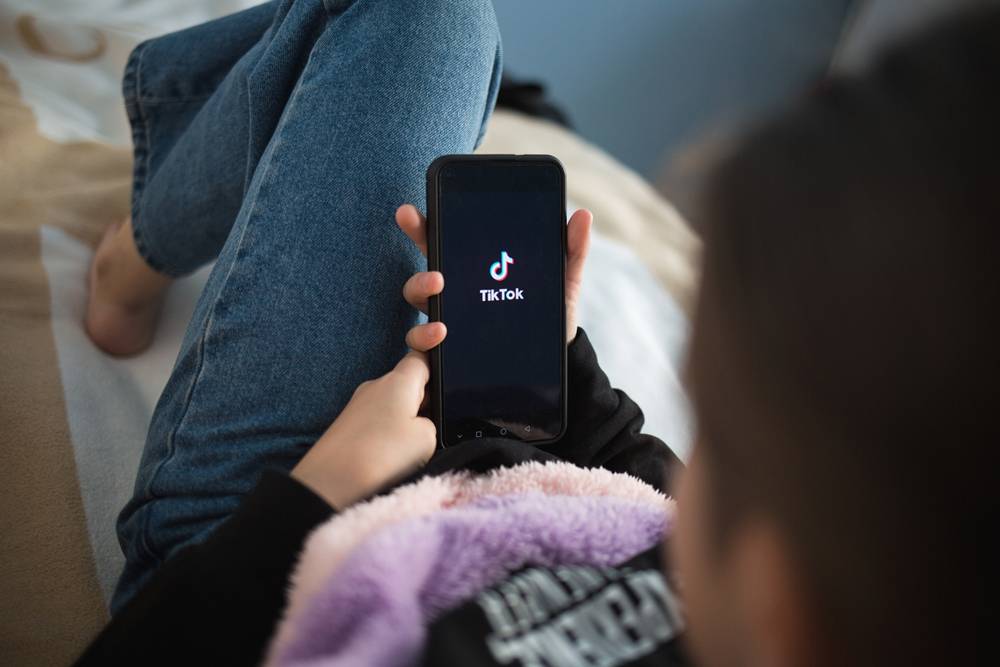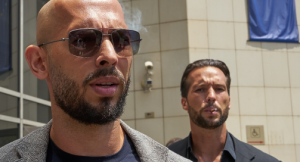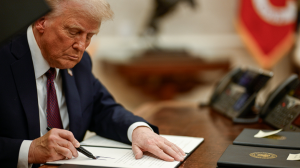The Supreme Court is scheduled to hear the case on January 10.
Others are reading now
TikTok has become a global phenomenon, captivating users with its short-form videos and creative content.
With billions of downloads worldwide, the app has reshaped how people engage with social media.
Yet, its rapid rise has sparked debates over data privacy, national security, and its ownership by Chinese company ByteDance, making it a frequent target of scrutiny in the United States.
Trump Seeks to Postpone TikTok Law
A law passed in April 2024 requires ByteDance to sell TikTok’s U.S. operations by January 19 or face a ban.
Also read
President-elect Donald Trump has filed a request to delay the deadline, arguing he needs more time after taking office on January 20 to pursue a “political resolution” to the issue.
The Supreme Court is scheduled to hear the case on January 10, according to Ziare.
Trump’s request highlights a significant shift from his 2020 stance, when he actively sought to ban TikTok over its ties to China.
The Department of Justice (DOJ) has urged the Supreme Court to reject Trump’s request, stating that ByteDance has not demonstrated a strong likelihood of succeeding in court.
The DOJ reiterated concerns about TikTok’s national security risks, claiming the app allows the Chinese government to collect sensitive data on U.S. citizens and conduct covert influence operations.
“ByteDance’s control of TikTok poses a serious threat to national security,” the DOJ stated, emphasizing the urgency of enforcing the law.
TikTok has filed its own motion, arguing the law violates First Amendment rights.
The company claims it is being unfairly targeted, pointing out that other Chinese-owned apps, like Shein and Temu, have not faced similar restrictions.
If the deadline is not extended, TikTok downloads from Apple’s App Store and Google Play will be banned starting January 19.
Existing users will still have access, but the app’s functionality is expected to degrade over time.








